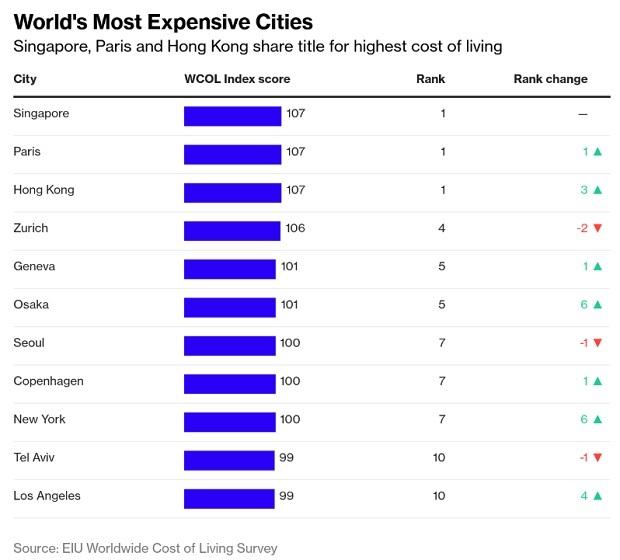The Watermelon Eating Contest
 The story of watermelons was supposedly narrated by Mr. Manohar Parrikar, Defence Minister of the Union Government of India. It is excerpt from his speech at an event hosted by the Federation of Gujarat Industries in Vadodara, India.; describing how human greed for profit and lack of patience can have seriously damaging consequences.
The story of watermelons was supposedly narrated by Mr. Manohar Parrikar, Defence Minister of the Union Government of India. It is excerpt from his speech at an event hosted by the Federation of Gujarat Industries in Vadodara, India.; describing how human greed for profit and lack of patience can have seriously damaging consequences.
"I am from the village of Parra in Goa, hence we are called Parrikars. My village is famous for its watermelons. When I was a child, the farmers would organise a watermelon-eating contest at the end of the harvest season in May. All the kids would be invited to eat as many watermelons as they wanted.
Years later, I went to IIT Mumbai to study engineering. I went back to my village after 6 and a half years. I went to the market looking for watermelons. They were all gone. The ones that were there were so small. I went to see the farmer who hosted the watermelon-eating contest. His son had taken over. He would host the contest but there was a difference.
When the older farmer gave us watermelons to eat he would ask us to spit out the seeds into a bowl. We were told not to bite into the seeds. He was collecting the seeds for his next crop. We were unpaid child labourers, actually. He kept his best watermelons for the contest and he got the best seeds which would yield even bigger watermelons the next year.
His son, when he took over, realised that the larger watermelons would fetch more money in the market so he sold the larger ones and kept the smaller ones for the contest. The next year, the watermelons were smaller, the year later even small. In watermelons the generation is one year. In seven years, Parra's best watermelons were finished. In humans, generations change after 25 years.
It will take us 200 years to figure what we were doing wrong while educating our children."
Courtesy:
http://satyamparamdheemahi.blogspot.com/2016/09/the-watermelon-eating-contest.html

"I am from the village of Parra in Goa, hence we are called Parrikars. My village is famous for its watermelons. When I was a child, the farmers would organise a watermelon-eating contest at the end of the harvest season in May. All the kids would be invited to eat as many watermelons as they wanted.
Years later, I went to IIT Mumbai to study engineering. I went back to my village after 6 and a half years. I went to the market looking for watermelons. They were all gone. The ones that were there were so small. I went to see the farmer who hosted the watermelon-eating contest. His son had taken over. He would host the contest but there was a difference.
When the older farmer gave us watermelons to eat he would ask us to spit out the seeds into a bowl. We were told not to bite into the seeds. He was collecting the seeds for his next crop. We were unpaid child labourers, actually. He kept his best watermelons for the contest and he got the best seeds which would yield even bigger watermelons the next year.
His son, when he took over, realised that the larger watermelons would fetch more money in the market so he sold the larger ones and kept the smaller ones for the contest. The next year, the watermelons were smaller, the year later even small. In watermelons the generation is one year. In seven years, Parra's best watermelons were finished. In humans, generations change after 25 years.
It will take us 200 years to figure what we were doing wrong while educating our children."
Courtesy:
http://satyamparamdheemahi.blogspot.com/2016/09/the-watermelon-eating-contest.html









 Snapdragon
Snapdragon 425 - Android
425 - Android